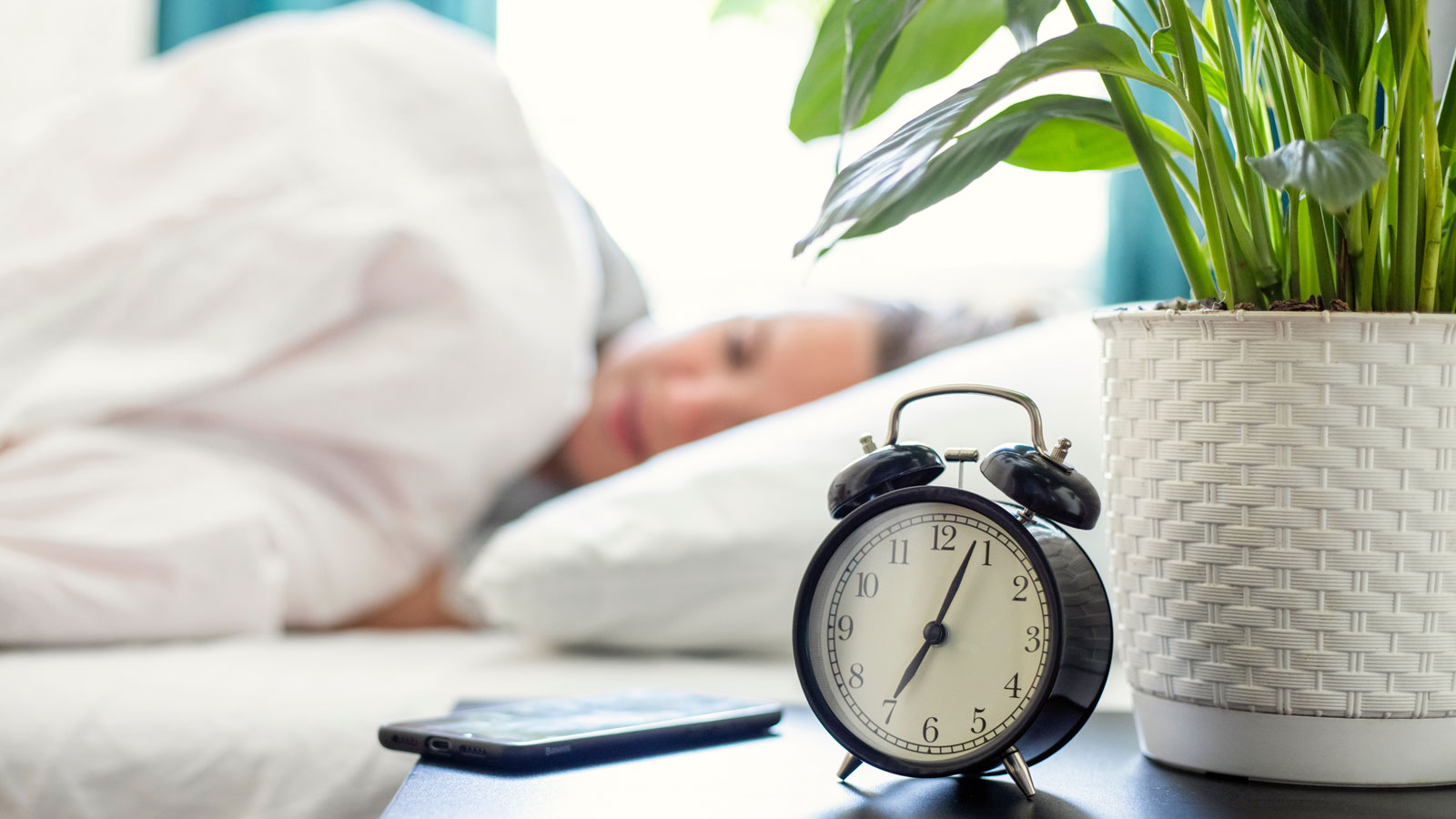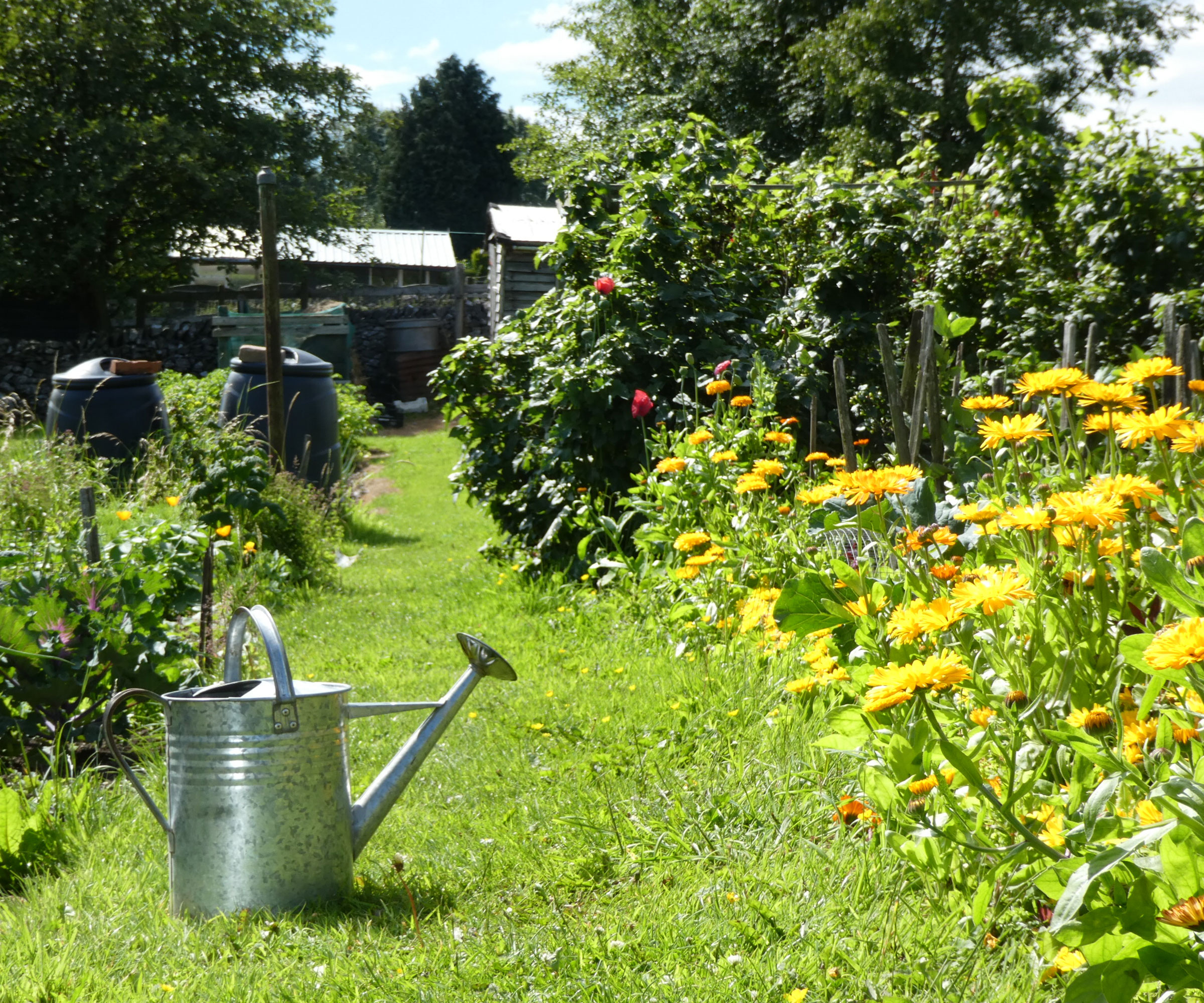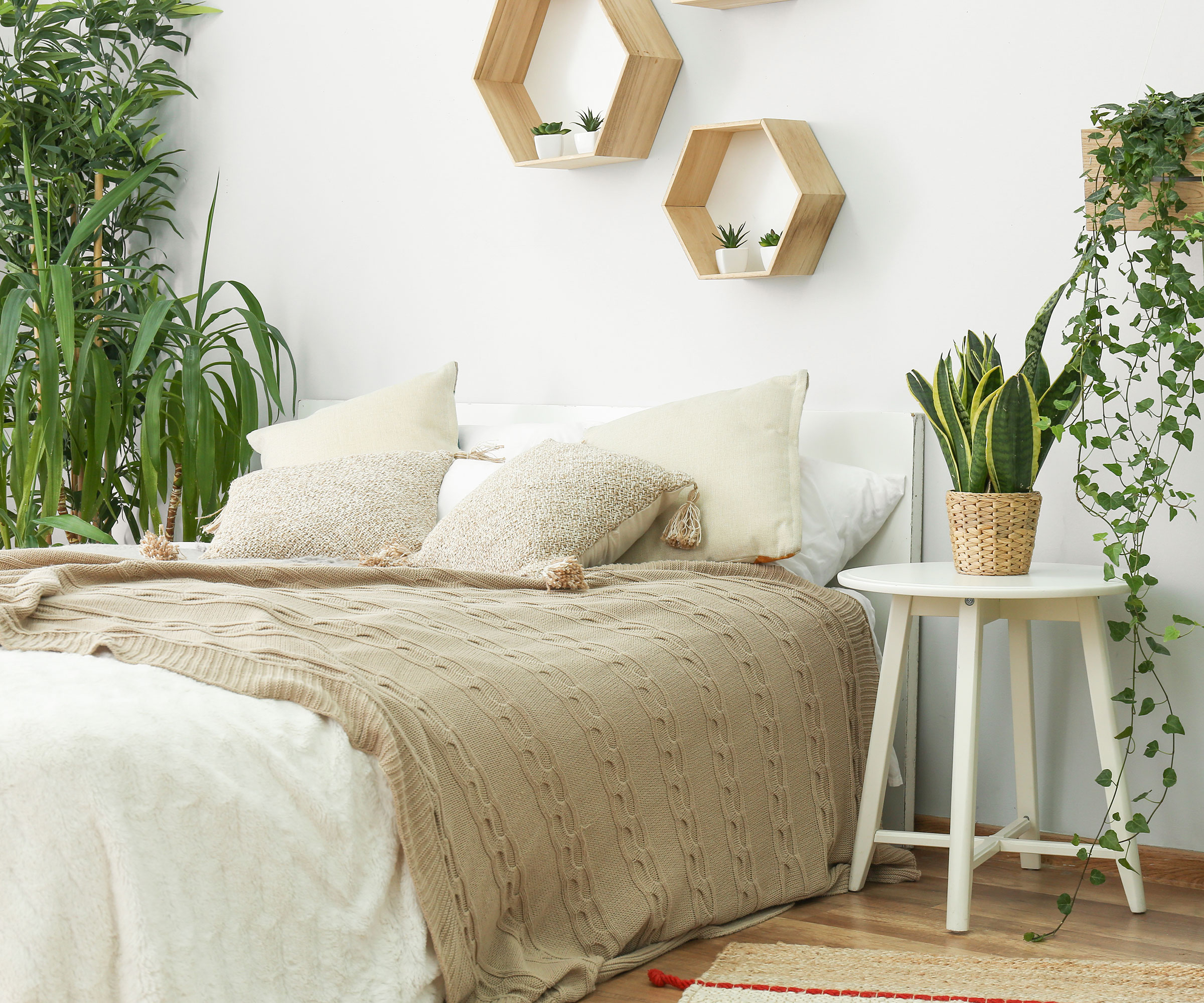Get Gardening For Better Sleep: Why Gardens And Plants Can Give You Happier Bedtimes
We all know gardening is intrinsically linked to a ‘feel good’ factor – have you ever wondered why it helps with rest? Here’s the thinking behind gardening for better sleep…


Gardening has been proven over and over again to be good for your health. And if you’ve ever felt like a good day’s gardening contributed directly to a better night’s rest, you wouldn’t be alone. But have you ever wondered about the reasons behind gardening for better sleep? For those of us who are passionate about gardening for mental health, it can help to know that one of our favorite pastimes makes for better bedtimes.
Exposure to sunlight, time spent in nature, and exercise are some of the key reasons why gardening supports good sleep. Even for those who can’t garden on a regular basis, having plants indoors can help. While there is no best plant for sleep, being around and caring for plants can boost your mental health and sleep quality. Here, we consider some of the thinking behind this happy phenomenon, and why it is possible for you to get a better night’s sleep by gardening.

Being in Nature and Exposure to Light
The idea of being able to garden and plant for sleeping is tied closely with being exposed to natural light and all the good things that come with that. One of the most basic reasons that gardening is good for sleep is that exposure to light during the day promotes healthy circadian rhythms. Circadian rhythm is your sleep and wake cycle. Exposure to sunlight during the day preps the body for being sleepy later when it gets dark. In the same way that darker, shorter winter days can contribute to seasonal affective disorder, spending too much time indoors and avoiding sunlight can interfere with this natural circadian rhythm cycle.
Another element of gardening that promotes good sleep is being in nature. Studies show that exposure to plants and wildlife reduces stress and symptoms of anxiety and depression. Being able to embrace the outdoors, plants and nature all contribute towards enhanced rest by helping to lower stress levels. If you don’t have a lot of gardening space outdoors, you can bring nature indoors and get some of the same benefits. Getting plants to help sleep is a great way to boost your overall wellness.
How Physical Activity Aids a Good Rest
Exercise is another way to improve sleep, and gardening can be a fun way to be more active. Physical activity in the garden isn’t always intense, but it still counts as beneficial, according to a recent study published in the Journal of Affective Disorders. A study of over 60,000 people found that those who gardened regularly had fewer sleep complaints: insomnia, short sleep duration, sleep apnea and afternoon tiredness.
While being outdoors in nature and being physically active are both separately good for sleep, together they form a powerful tool. The combination of exposure to light and nature with exercise makes gardening one of the best hobbies you can start if you’re looking to improve your sleep. A regular garden workout is one of the quickest ways to set you up for a beneficial rest later.
Mental Health Benefits and Relationship to Sleep
Physical activity and light exposure are some of the more obvious reasons gardening can improve sleep, but mental health is important, too. Being in nature improves mental health symptoms, while gardening provides a sense of purpose and accomplishment, boosts self-esteem, and gives you something to look forward to. Being in nature has been proven to be good for mental health. Reducing symptoms of depression and anxiety and providing an outlet for coping with stress can all help you sleep better.
Sign up for the Gardening Know How newsletter today and receive a free copy of our e-book "How to Grow Delicious Tomatoes".
Part of the mental health benefit of gardening is down to the exercise and sunlight involved, but simply being around plants for sleep and anxiety, depression, or stress is also valuable. So selecting plants to help with mental health could be your first step towards a good night’s rest. This includes indoor plants, and there is something to be said for the idea of cultivating therapeutic houseplants. Even if you can’t garden in your space, having houseplants can be beneficial.

Enhancing Your Sleeping Space with Plants
Sleeping with plants in your bedroom can be a great way to calm the mind, engage the senses, and enjoy better sleep. But what plants help you sleep? There is no best plant for sleep, though some are better than others at purifying the air. More importantly, you should choose houseplants you can manage and care for – the idea is to boost your levels of calm. Plants that are good for sleep bring you joy or a sense of peace.
Specifically, there are certain indoor lavender varieties that are ideal for cultivating a calming atmosphere, thanks to their scent. You will also find that snake plants are low maintenance and continue producing oxygen through the night, while other plants stop the process. Peace lilies are also easy to care for, and amongst the best houseplants for purifying the air.
Frequently Asked Questions
Are There Any Other Health Benefits to Being Outdoors?
In addition to improving mental health and sleep quality, being outdoors in nature is good for brain health, boosting thinking and reasoning. Engaging in outdoor activities with friends or family can also help to improve your social wellness.
Do Plants Need to Sleep – and How?
Plants do not sleep like we do, but they do have their own circadian rhythm and they do use night as downtime. When the sun goes down, plants stop engaging in photosynthesis and begin converting the glucose they made during the day into usable energy.

Mary Ellen Ellis has been gardening for over 20 years. With degrees in Chemistry and Biology, Mary Ellen's specialties are flowers, native plants, and herbs.